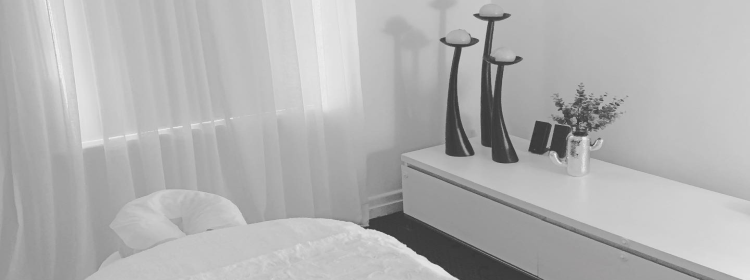
It goes without saying that the Personal Care sector, along with the Tourism and Entertainment industries, has been one of the hardest hit sectors throughout the pandemic.
So many beauty salons, hairdressers, massage therapists, nail salons, gyms, yoga and pilates studios, and the like, shut down due to Covid lockdowns – for very good public health reasons. Some businesses, such as yoga and .....


New Article Email Notification